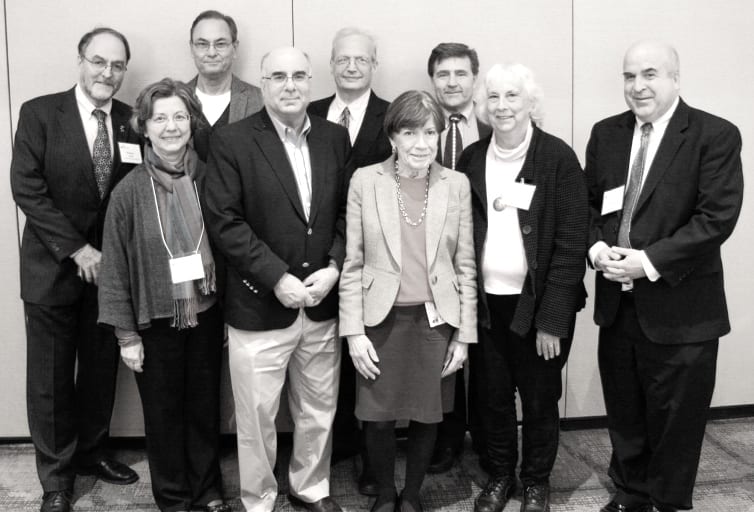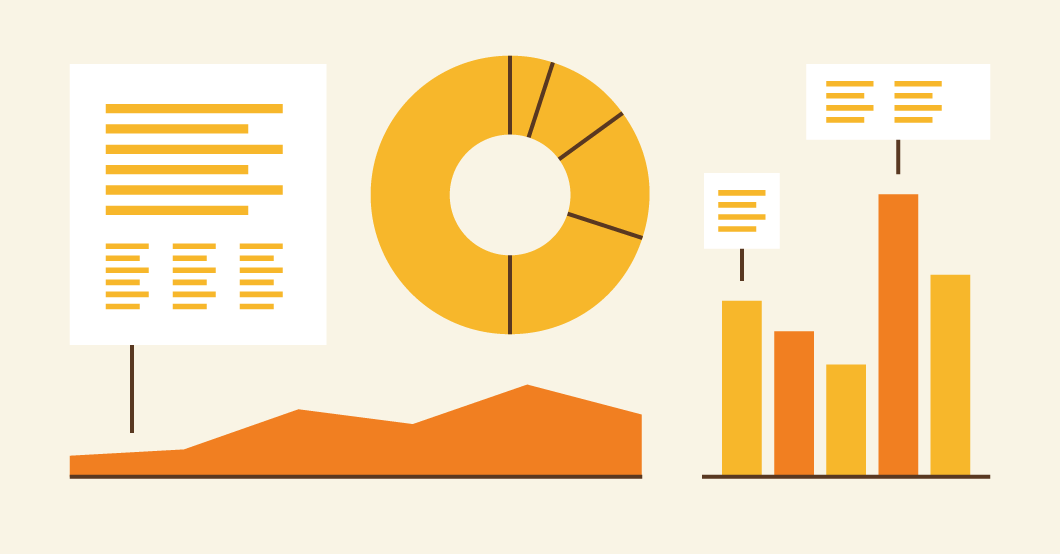Consumer Liaison Group discusses the role of nuclear power in New England at March 2017 meeting
 On March 2, the Consumer Liaison Group (CLG) held its first quarterly meeting of the year in Westborough, Mass., to discuss the role of nuclear power in New England, focusing on reliability, carbon reduction, and market prices. Matthew Wald, Senior Communications Advisor at the Nuclear Energy Institute, a trade association in Washington, DC., gave the keynote address. The meeting also included an update from ISO New England and a panel discussion with representatives from Excelon Corporation, NRG Energy, Inc., and UMass Lowell.
On March 2, the Consumer Liaison Group (CLG) held its first quarterly meeting of the year in Westborough, Mass., to discuss the role of nuclear power in New England, focusing on reliability, carbon reduction, and market prices. Matthew Wald, Senior Communications Advisor at the Nuclear Energy Institute, a trade association in Washington, DC., gave the keynote address. The meeting also included an update from ISO New England and a panel discussion with representatives from Excelon Corporation, NRG Energy, Inc., and UMass Lowell.
Keynote Speaker Matthew Wald spoke of how the US will not be able to achieve its carbon emission goals without nuclear power. Without some sort of corrective action, Wald said, America’s nuclear plants will be driven to early retirements, resulting in significant economic and environmental harm to communities and ratepayers. Wald discussed the causes of nuclear industry’s problems, possible solutions, and some of the technical innovations underway in the nuclear industry.
ISO New England reviewed recent reports; its comments to the Federal Energy Regulatory Commission regarding electric storage participation in wholesale markets; and the start of the work for the 2017 Regional System Plan, which will identify the region’s electricity needs and plans for meeting them over the next 10 years.
Panel Discussion
William Berg, Vice President of Wholesale Market Development at Exelon Corporation, said that his company’s generation fleet, which is a mix of nuclear, natural gas, hydro, wind, and solar, is one of the cleanest in the country. He said Exelon believes nuclear generators should be compensated for their carbon-free environmental attributes and supports a price on carbon tax.
Peter Fuller, Vice President of Market and Regulatory Affairs at NRG Energy, Inc., explained that his company’s fleet is also trying to decarbonize. However, he does not believe that policymakers should subsidize power plants that would not otherwise recover their costs in the region’s competitive markets, which have effectively reduced prices and emissions. The markets work because its actors have clear boundaries within which to operate. If policymakers undermine that certainty, they will erode the market’s effectiveness, Fuller said.
Dr. Gilbert Brown, Emeritus Professor at the University of Massachusetts Lowell, argued that increasing the quality of life around the world will require increasing levels of electrification, and if the United States wants to combat climate change, it is imperative to continue to expand the use of nuclear generation. Brown said that no one technology is perfect, but that from a reliability, environmental, safety, and economic point of view, nuclear is superior to other sources of electric generation. Brown’s full presentation can be found here.
 CLG Coordinating Committee Members with Keynote Speaker Matthew Wald. Pictured from left to right: Matthew Wald, Nuclear Energy Institute; Agnes Gormley, Maine Public Advocate; Douglas Gablinske, The Energy Council of Rhode Island; Robert Rio, Associated Industries of Massachusetts; Guy Page, Vermont Energy Partnership; Mary Smith, Harvard University; Robert Espindola, Acushnet Company; Meredith Angwin, Carnot Communications; and Joseph Rosenthal, Connecticut Office of Consumer Counsel.
CLG Coordinating Committee Members with Keynote Speaker Matthew Wald. Pictured from left to right: Matthew Wald, Nuclear Energy Institute; Agnes Gormley, Maine Public Advocate; Douglas Gablinske, The Energy Council of Rhode Island; Robert Rio, Associated Industries of Massachusetts; Guy Page, Vermont Energy Partnership; Mary Smith, Harvard University; Robert Espindola, Acushnet Company; Meredith Angwin, Carnot Communications; and Joseph Rosenthal, Connecticut Office of Consumer Counsel.
2017 Meeting Dates and Locations
Subsequent CLG meetings are scheduled for June 1, 2017 in Cape Neddick, Maine; September 7, 2017 in Woodstock, Vermont; and December 7, 2017 in Boston, Massachusetts.
Updated information will be available on the CLG webpage.
- Categories
- Recent Publications & Events
- Tags
- consumer liaison group



